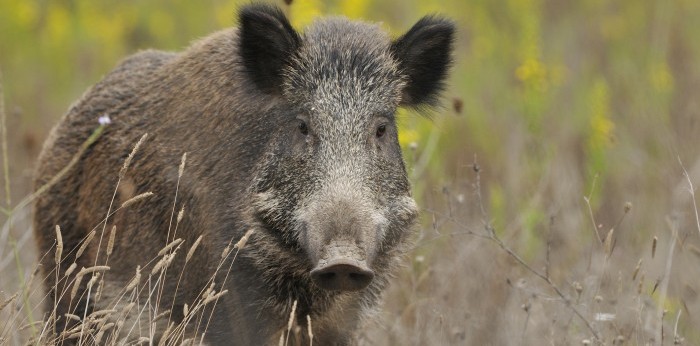Export bans imposed by various non-EU countries have led to a ‘sharp drop in prices in Germany, according to German pig industry organisation ISN.
So far China, South Korea, Japan, Singapore, Argentina and Brazil have banned pork products from Germany following the loss of its African swine fever-free status, meaning the necessary veterinary certificates can no longer be issued for export clearance, ISN said.
As a result, the pork and meat market is experiencing ‘massive uncertainty’, with many unanswered questions about the impact on the market development, ISN said.
ISN managing director Dr Torsten Staack said it was now important to ‘quickly create alternative marketing opportunities’ for meat.
“The markets now have to rearrange themselves. In view of the current price level, from our point of view it should actually be possible to open other sales valves in a timely manner,” he said.
“It is all the more important now that the accompanying negotiations with third countries are continued in order to find solutions for opening up the now blocked markets.
He said the organisation was ‘currently working flat out at the highest level’ and was in discussion with the responsible ministries and authorities at federal and state level.
ASF measures
The export bans were put in place after ASF was confirmed in a wild boar carcase was found in the Spree-Neisse district in the municipality of Schenkendöbern, near the German-Polish border.
The authorities said they are currently working on defining the boundaries of the restricted area and are organising the rapid construction of a mobile fence.
The restriction zones include a core zone encompassing a radius of about 3 kilometres around the infected site, secured with an electric fence and with entry and harvest bans.
A second zone, the ‘endangered area’ has been set up with a 15km radius, with a further 30km buffer zone around it.
Specific measures in the endangered area to reduce further spread include:
- A hunting ban for all animal species in order to prevent unnecessarily startling potentially infected wild boar
- An intensive game search by trained staff and with the participation of local hunters
- Rescue and safe disposal of all wild boar carcases under hygienic conditions, with collection points for fallen game and accident game set up on site
- A review of pig farms with regard to compliance with biosecurity measures
- Examination of provisional usage restrictions for agricultural and forestry areas (harvest ban for maize fields)
- Prohibition of events with pigs
- Identification of hunters who are also pig farmers
- Information and training for hunters
- Establishment of a core zone in the endangered area and its demarcation.




